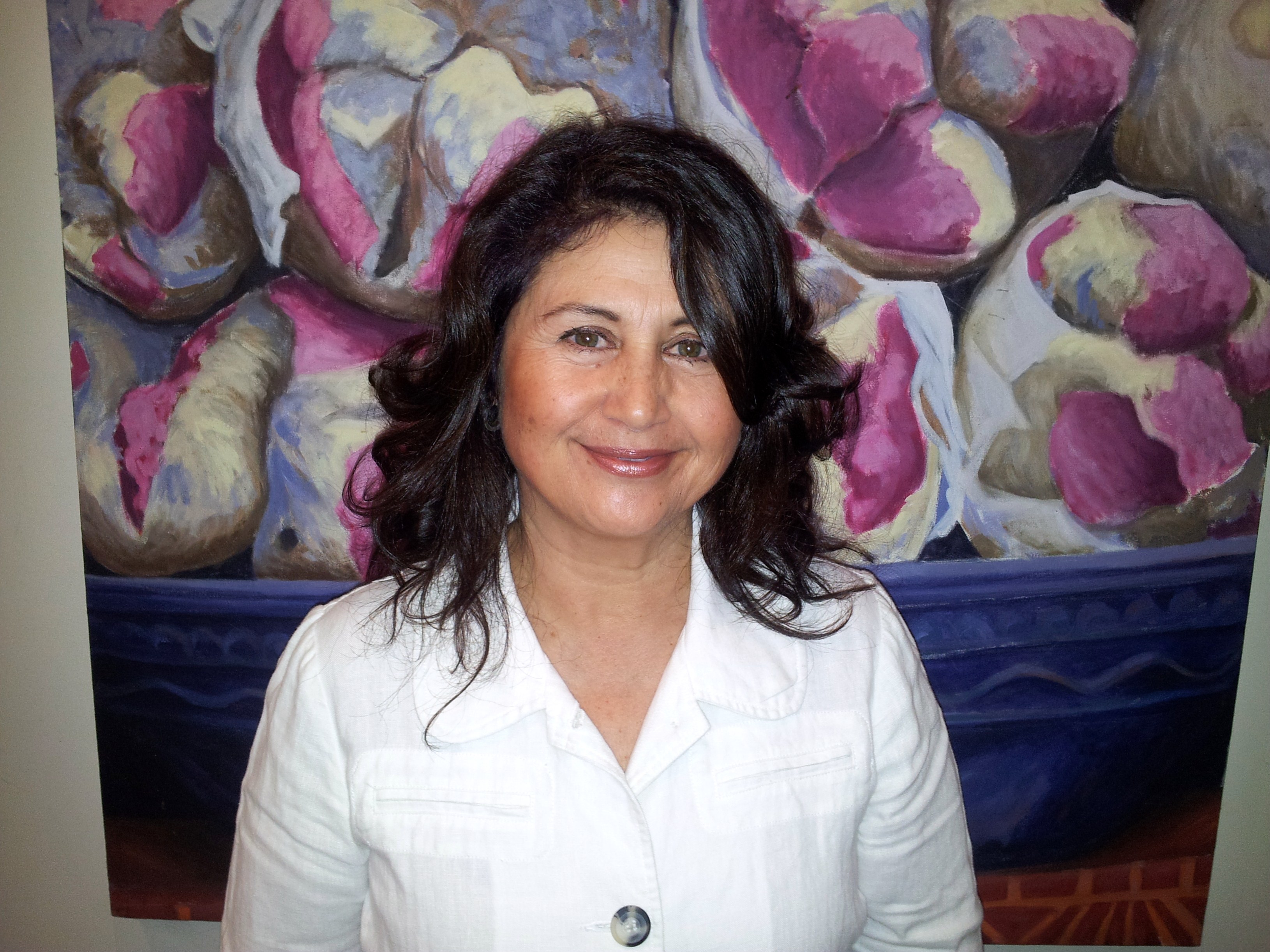Depression
- Understanding depression can give you the power to recover and reclaim your life again!
- Even though, it feels like nothing can ever help, and nothing will ever change. It’s not true!
- That is what depression does to your thinking. It makes you feel certain that you can never feel happy again.
- It drains the pleasure from things you used to enjoy, makes you see everything through grey-tinted glasses and eradicates hope and energy.
- In short, depression is a parasite that feeds off your life.
But when you know how depression works; what it needs to sustain it, then you start to gain power over it and hope starts to sprout again.
Understanding Depression
Depression is often thought to be various things, such as, it’s due to a chemical imbalance (notably low serotonin levels which regulate our anxiety, happiness and low mood), or it’s primarily events-driven, such as a trauma, or it’s genetic. Depression is not so much what happens to the person, but how they respond psychologically to what happens to them. Industrialised societies suffer more from depression than non-industrialised ones. And interestingly enough, non-industrialised countries that become industrialised, start to develop depression in their populations too. The interesting point to make here is that in more traditional / non-industrialised societies, the individual problem is one that is shared by the community and problem-solved as a shared effort. In other words, your problem is mine and vice versa.
Why is depression on the increase?
Let’s look at the many reasons why our modern world is causing such unprecedented stress and as a consequence, pushing depression to top 2 of worldwide disease. The World Health Organisation in its report, The Global Burden of Disease, estimates that depression is set to be second only to ischemic heart disease as the cause of injury and disease worldwide by the year 2020. That’s a lot of depression!
- Societal changes: breakdown of nuclear and extended family, community, job security, etc.
- Increased material wealth alongside increased personal expectations
- Rise of technology
- Environmental changes
- Media: poor and confusing coverage about depression. Increased fear and lack of safety and insecurity as media images from around the world show an unstable world and fear of an uncertain future
- Breakdown of religion, loss of faith and tarnished moral values by religious leaders and governance
- Rise of materialism in the West, unparalleled luxury yet rising dissatisfaction
In the following sessions, we will work together to:
- reduce the amount of worrying and introspection you are doing
- resolve any practical problems that are causing you stress
- work on any relationship difficulties you may be having
- help you balance your thinking so you are not plagued by negative thoughts
- as you feel better, gradually introduce elements to your life that will protect you from becoming depressed again
Depression can make you feel hopeless.
But there is hope, and I think I can help, so please give me a call on 0438 216 351 and I can tell you anything else you need to know.
Traditional societies and depression
Traditional societies tend to have more cohesive family and community ties that work together in meaningful activity as a whole, rather than for the individual alone. This banding together gives its members increased security and safety, shared belief systems and a shared meaning in their endeavours and goals. The primary objectives are to keep the community cohesive, happy and functioning, and its members contributing to that end. When one member struggles, it makes sense for the other members to help, as that struggle could undermine or affect the wellbeing of the rest of the community.
Modern societies & depression
In our modern technological world, despite the many advantages that we have, it is an increasingly complex and stressful culture in which to live, and where more people find it difficult to get their emotional needs met. In enormous cities, people can live isolated and unsupported lives, and experience reduced levels of meaningful activity, that give them a sense of purpose and fulfillment. These facts indicate that depression is on the rise for other reasons, not linked to chemical imbalance or genetic disorders, but more a consequence of modern living that can cause a chemical imbalance.
Did you know
Serotonin is a neurotransmitter (or chemical messenger) that controls and stabilizes your mood and functions in your brain. What might surprise you is that it’s also crucial to the functions of your digestive system. Your gut produces about 95 percent of the serotonin in your body, and changes in your serotonin level affect your gut as well as your brain.

Contact The Healing Practice Learn how we can help you or Call Claire on 0438 216 351.
Would you like Claire to give you a call? Schedule introductory phone call.
Visit our Comments check out what our other clients say about us.
The very first thing we will do in our session together is to ensure you understand why you are feeling this way. It has a lot to do with the levels of stress you are currently experiencing, which leads to physical as well as mental exhaustion.
Then I will work quickly to help you feel better by using deep relaxation with you. This is to prepare your brain to learn, because as you’ve probably noticed, depression makes it almost impossible to pay attention and retain information.
When you leave my clinic after that first session, I would expect you to feel better than you have in a long time.
But of course, depression doesn’t shift overnight…


